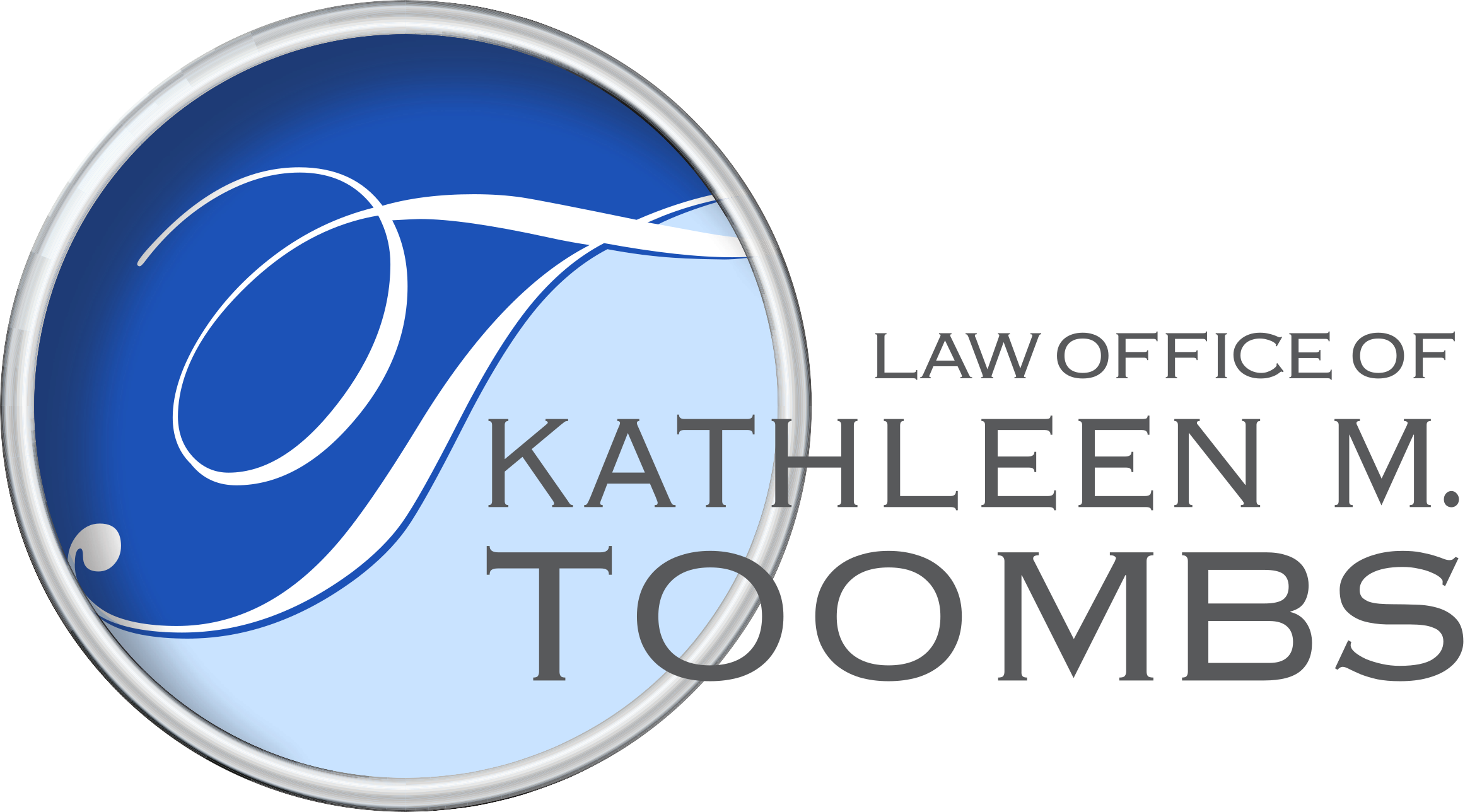Blogs
Estate Planning with a Disabled Beneficiary
If you have a child with special needs or disabilities, before making a gift during life or by inheritance, you should be concerned whether their government benefits and programs may be disrupted. The applicable Government programs have stringent eligibility requirements – some health-related and some financial.
What government benefits are available for Special Needs Individuals in New York?
Supplemental Security Income (SSI) was created to ensure that the elderly, blind, and disabled have a guaranteed minimum monthly income for living expenses. Eligibility is strictly based on financial need – total assets valued less than $2,000, with limited exemptions. People who qualify for SSI may also qualify for Medicaid that covers many health care costs.
Social Security Disability Income (SSDI) pays benefits to those who paid into Social Security through payroll taxes, but are now unable to work according to the very strict Social Security definition of disability. After two years of receiving SSDI benefits, the beneficiary automatically becomes eligible to receive Medicare, even if they are under age 65.
Differences Between New York Special Needs Trusts and New York Supplemental Trusts
In many states, the terms “special needs trust” and “supplemental needs trust” are used interchangeably.
More precisely, a “special needs trust” is set up to hold assets already owned by the disabled person, sometimes as the result of a personal injury or medical malpractice settlement or judgment. Any money that remains in the fund after the beneficiary’s death must be used to reimburse Medicaid. A variation on this includes a “Pooled Trust” which must be administered by a non-profit organization with the assets/income of the disabled person held in a separate account for their benefit. Most commonly, the remaining account balance on the death of the person will stay with the administering charity to benefit other disabled individuals. If not, Medicaid must be reimbursed.
A “supplemental needs trust” is set up for a person with disabilities by a third party, such as a parent of a child with a disability. The trust usually covers things like education, clothing, recreation, uncovered medical care, etc. Because the assets were never owned directly by the person, the beneficiary of a supplemental needs trust can still receive benefits from government programs. In most cases, no payback is required after the beneficiary’s death.
More important than the terminology is to make sure that the trust meets the requirements of the government program benefits currently receiving or anticipated. If the trust doesn’t comply with these requirements, the person with special needs (the trust beneficiary) would likely lose their government benefits.
These are highly technical areas with strict regulations.
Don’t rely on the internet or your friends for answers! We can help with the estate planning with trusts, powers of attorney and advance directives, obtaining a Guardian authorized to make ongoing decisions for the special needs person and applying for New York Medicaid.
Law Office of Kathleen M. Toombs
157 Barrett Street, Schenectady, NY
518-688-2846
Attorney Advertising
Law Office of Kathleen M. Toombs, PLLC
Recent Posts
Contact Us


